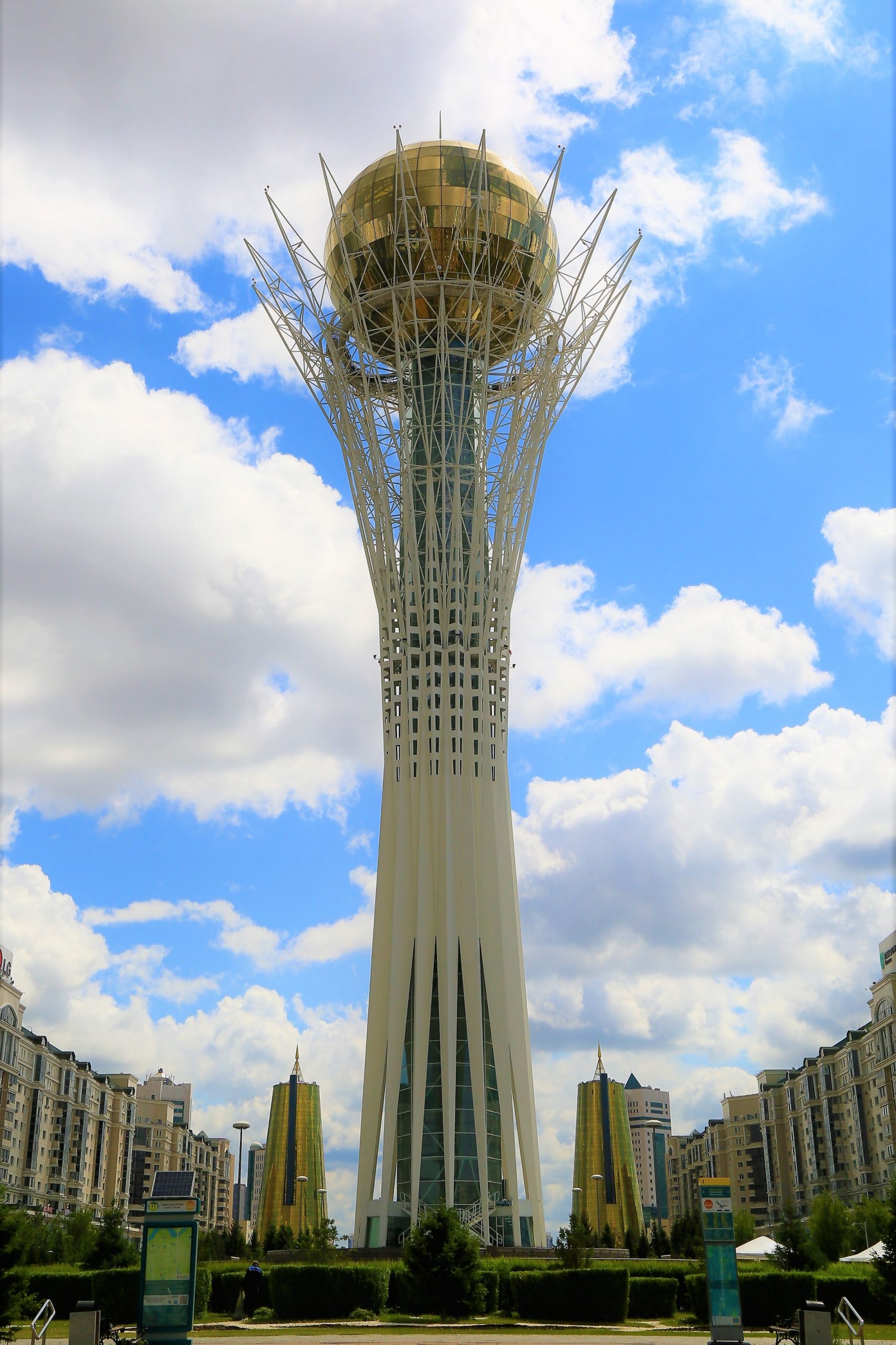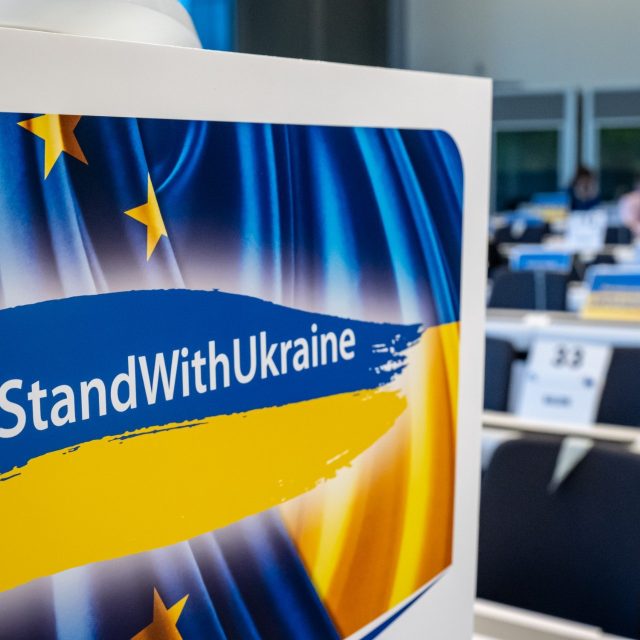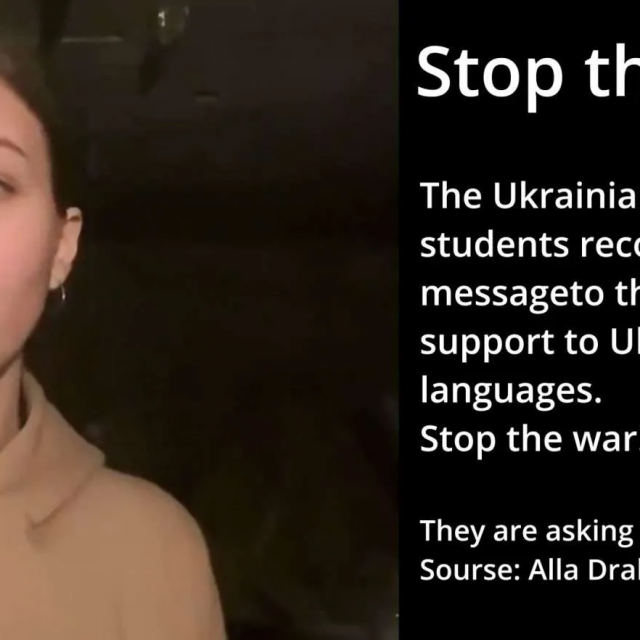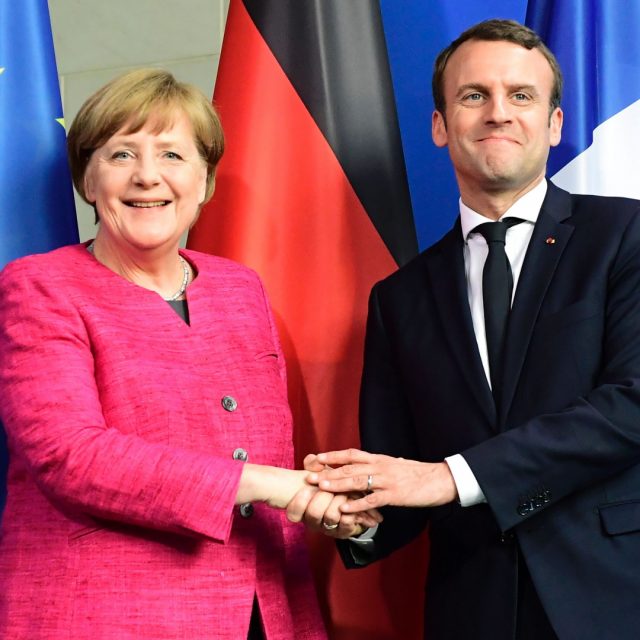Photo by ekrem osmanoglu on Unsplash
Special elections to the Majilis, the lower house of the Kazakhstan Parliament, will be held on March 19. The country’s President Kassym-Jomart Tokayev, is determined to modernise Kazakhstan’s political system, and these elections form part of that process
Tokayev is trying to create a balanced system of government, which is intended to increase the participation of all citizens in the political process, and to improve the efficiency of public administration.
The reform process was initiated after the serious popular unrest in January last year, and Tokayev has been credited with some success. Adjustments were made to the process of electing deputies of the upper house of Parliament – the Senate. A major change was the reduction of the presidential quota, which allows individual politicians, public figures and representatives of national cultural associations to become senators, bypassing elections in regional maslikhats (local representative bodies).
The President now appoints only 10 of the 50 deputies of the Senate instead of the previous 15. Five of them are proposed by the Council of the Consultative and Advisory Assembly of the People of Kazakhstan. 20 other senators are elected based on the results of electoral votes in all regions of the country.
Following the elections held last month, there was a change of 80% of the deputies of the Kazakh Senate. Announcing this, Deputy Chairman of the Central Election Commission of the Republic of Kazakhstan Konstantin Petrov, said, “Out of 20 elected deputies – there are 3 women, and 17 men. The average age is 53.8 years. This represents a change of 80% in the composition of the Senate.”
Tokayev won the presidential election in November 2022 with a convincing 81% of the vote. The head of the Kazakhstan election Committee, Nurlan Abdirov, said that there was an active turnout of Kazakhs – 69.44%. More than 8.2 million of the nearly 12 million registered voters took part in the vote.
2022 was a turning point for Kazakhstan: an attempted coup caused tectonic shifts in the establishment. In September, Tokayev delivered a historic State of the Nation address to Parliament. In his speech, he proposed amendments to the Constitution.
“For me, the interests of the state are above all. Therefore, I am ready to shorten my term of office and go to early presidential elections,” he said.
“I have concluded that it is necessary to reconsider the number and duration of the term of office of the President. I recommend limiting the presidential term to one term of 7 years. Re–election should be prohibited.”
The limitation of presidential terms is the most advanced reform in Central Asia.
“7 years is a sufficient period for the implementation of any ambitious programme. Limiting the presidential mandate to one term will ensure maximum concentration of the Head of State on solving the strategic tasks for national development,” Tokayev stated.
The term proposed by him will significantly reduce the risks of monopolisation of power, which, as practice has shown in other neighbouring countries, leads to super-presidential authoritarian rule.
Time constraints are also a good motivator: presidential candidates will carefully allocate all aspects of their activities for seven years, and in only term, the elected president will try to bring the country as much benefit as possible.
The new presidential system will strengthen political stability, and stability of the Kazakh social structure.
If this reform of a single presidency is adopted, a new political era will begin in Kazakhstan. By mid-2023, all major political institutions should be rebooted and updated: the president, parliament and government.
Speaking to the new deputies on 26 January, Tokayev noted that the principles of “Strong President – Influential Parliament – Accountable Government” are being approved in Kazakhstan.
The constitutional reform supported by citizens in the referendum of 2022 is the starting point for a new political era.
An important first step has been to dissolve the lower house of Parliament – the Majilis, and call special elections.
Unlike the Senate, elections to the lower house of the Majilis are direct. 70% of the deputies of the Mazhilis will be elected on party lists, and 30% – in single-mandate districts.
The procedure for registering political parties has been simplified, thereby enhancing democratisation of the process. The registration threshold has been reduced from 20 to 5 thousand members. The minimum number of regional representative offices of parties has been reduced from 600 to 200 people.
A second decree foresees the early dissolution of local representative bodies – maslikhats. Elections of deputies of maslikhats of all levels will be appointed by the Central Election Commission.
The election campaign will begin in a few weeks, in accordance with normal democratic procedure.
Tokayev has stressed that he is keen that the election campaign should not divide, but unite the country.
“I would like to once again urge candidates to refrain from actions that could sow confusion in society. A careless word or a rash step can have a detrimental effect on the future of the whole country. Every compatriot of ours should understand this,” says Tokayev.




